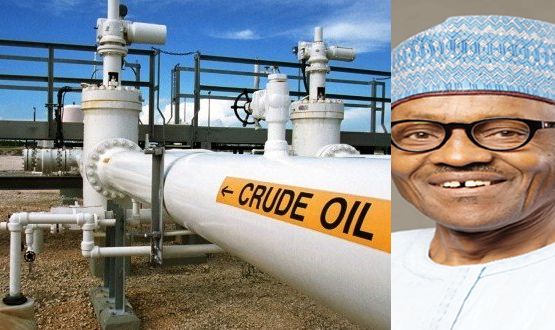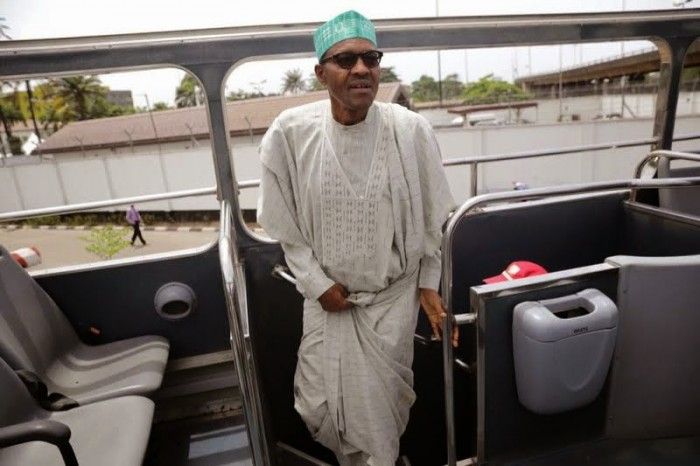
source
President Buhari, who took office last May, is taking another step to fight corruption in his country. The president submitted his list of ministerial nominations and included himself in his own cabinet. In addition to being the nation’s president, Buhari will also be the oil minister.
“I intend to remain the minister of petroleum resources”
This is what Buhari told the press in an interview at the annual meeting of world leaders at the UN general assembly in New York. Buhari prefers to take control of the portfolio instead of delegating it. The president will appoint a junior minister who will take care of the day-to-day activities while he takes care of recovering the large sums of money stolen over time. Oil revenues represent 70% of Nigeria’s income and the country is facing economic challenges because of the fall of oil prices.

{adinserter CNP5}
A corrupt sector
The state-owned company, Nigerian National Petroleum Corporation, is well-known for being a corrupt organization. The audit firm PricewaterhouseCoopers was hired to investigate missing funds but was was unable to obtain sufficient information. Both money and oil were stolen from the establishment. Oil was missing at unmetered oilfield wellheads, pipeline taps and export terminals. Buhari plans to restructure the company to improve efficiency and fight corruption.
“I haven’t absolutely made up my mind about that,” he said. “We want to see what we have done in reducing the size and redeploying most of the management. We want to see the impact of that before we decide further.”

Buhari is not new to the oil business
In the past, Buhari held key positions in the oil sector. He was appointed petroleum minister in 1976 by president Obasanjo and then chair of the NNPC. In the 90s, he was named chair of Petroleum Trust Fund by Sani Abacha. Former President Olusegun Obasanjo was also a self-appointed minister of petroleum during most of his tenure as a president.







